Learn how to control your emotions, be composed, and stay calm under pressure so you can start building resilience at work and be a resilient leader.
Everyone experiences difficulties in life, but some people seem to handle their challenges better than others. Leaders and workers need to be resilient so they’re able to stay calm and control their emotions during tough times.
Learning about your personality type and traits can improve resilience by helping you understand your strengths, weaknesses, and coping mechanisms, enabling you to adapt to challenges and bounce back from setbacks more effectively.
Resilient leadership is a highly valued workplace skill. This article discusses what makes resilience important and how to build emotional and mental resilience in the workplace and in life.
Contents
What is emotional resilience?
There are four different types of resilience: physical, mental, emotional, and social. Each of them affects our ability to bounce back in different ways.
Psychological and emotional resilience is the ability to adapt to and recover from challenges. It’s a crucial life skill that can help you thrive in stressful work and life situations.
Psychologist Emmy E. Werner defined psychological resilience as the ability to cope mentally or emotionally with a crisis or to return to pre-crisis status quickly.
Resilient individuals and groups can use their mental faculties and behaviors to protect themselves from the potential negative effects of stressful situations.
In other words, learning how to control your emotions, stay calm, and be composed, even during a crisis or challenging situation, and moving on without long-term negative consequences, supports resilience.
Some experts believe that resilience is made up of five pillars: self-awareness, mindfulness, self-care, positive relationships, and a sense of purpose and meaning.
However, child pediatrician and human development expert, Dr. Ginsburg, proposes that seven integral and interrelated components comprise resilience – competence, confidence, connection, character, contribution, coping, and control.
Despite the numerous definitions of psychological resilience, the majority of the factors associated with resilience revolve around two concepts: adversity and positive adaptation.
One of the best examples of resilience is that of Viktor Frankl, an Austrian neurologist, psychiatrist, philosopher, writer, and Holocaust survivor.
He founded a school of psychotherapy called logotherapy, which describes the search for meaning in life as the central human motivational force.
He also wrote the book “Man’s Search for Meaning“, in which he chronicles his experiences as a prisoner in Nazi concentration camps during World War II, and describes his psychotherapeutic method of identifying a positive purpose in life and then immersing oneself in that outcome.
The benefits of resilience training
Why is resiliency important? Resilience is important for both physical and mental health. Employees who learn resilience skills are better able to cope with stress and adversity.
Resilience training may help employees experience positive emotions and enjoy better physical health, mental health, and overall well-being. They’re also more likely to succeed in their careers.
Being resilient means that you can stay calm and in control of your emotions even when things are tough. Resilience coaching can help you better manage stress, cope with difficult situations, and bounce back from setbacks.
Mental toughness and resilience skills are the hallmarks of the champion mindset that is so prevalent in successful athletes, and resilience is associated with champions who are at the top of their game.
The impact of resilience becomes more evident in difficult times. When you’re resilient, you’ll be better equipped to deal with whatever life throws your way.
The importance of resilience for the US Navy SEALs is well known; they deal with extremely challenging situations and are some of the most mentally tough people in the world.
With over 20 years of service, including commanding SEAL Team Three in Iraq, Navy SEAL veteran and leadership expert Jocko Willink teaches hard-earned strategies for thriving under pressure.
In his MasterClass, Jocko provides tools to build unshakable resilience and mental toughness, learn to stay composed in adversity, foster trust, prioritize your team’s well-being, and lead with confidence in any situation.
Click here to preview this MasterClass
How to stay calm under pressure & build resilience
According to many psychologists, positive emotions, social support, and hardiness are some of the ways to boost your resilience at work.
If you want to overcome a lack of resilience and understand and manage stress in the workplace, here are some skills that will help you build personal and professional resilience and become a more resilient employee.
#1. Learn self-awareness
Like most people, I never had healthy role models who taught me how to control my anger, stress, and anxiety. Whether or not we realize it, we’ve all been stuck in habitual patterns, or “hooked,” as my favorite Buddhist teacher, Pema Chodron, calls it.
In these Pema Chodron teachings, you’ll learn ancient spiritual practices and ways to meditate to liberate your mind from habitual patterns and start living beautifully.
If you’re unsure of how to respond to emotional triggers in a wise, constructive way, these empowering talks by beloved Buddhist teacher Pema Chödrön will help you boost workplace resilience by teaching you how to stay calm in every situation.
#2. Learn emotional intelligence
Emotional intelligence helps us enhance our self-awareness and learn more about our own feelings and those of others, so we can manage our emotions better.
In this Free Webinar with Dan Goleman, you’ll learn about the four keys to becoming emotionally intelligent, resilient, and adaptable in times of uncertainty.
You’ll learn relationship skills that will help you become more inspirational, motivating, and impactful to others while leading powerfully from your heart, and you’ll discover why the “emotionally intelligent” will rule the future of business success.
This Emotional Intelligence course will provide you with the tools you need to develop emotional intelligence so that you can recognize negative emotions (such as anxiety) as they occur, identify the triggers that cause the feeling, and overcome the emotion.
You’ll learn how to manage your emotions, be capable of dealing with life’s stresses, stop racing thoughts, diminish anxiety, and remain calm in every situation by focusing on the present moment.
Emotional intelligence skills are the foundation on which to build a healthy and loving relationship with yourself and others to sustain you and help you be resilient at work.
#3. Learn emotional self-regulation
Emotional self-regulation in psychology is an emotional intelligence skill defined as the ability to control and regulate emotions; for instance, learning how to remain calm when angry.
Employees are better able to manage stress at work and have good emotional regulation skills when they have learned how to stay calm under pressure and avoid knee-jerk reactions that can worsen a situation.
You’ll also know how to stay positive and motivated when things are not going according to plan and how to match your emotional and behavioral responses to the needs of the situation.
Viktor Frankl, one of the most powerful examples of resilience in life, wrote in his book, Man’s Search for Meaning, “Between stimulus and response, there is a space. In that space is our power to choose our response. In our response, lies our growth and our freedom.”
“Between stimulus and response, there is a space. In that space is our power to choose our response. In our response, lies our growth and our freedom.” ~ Viktor E. Frankl
The Calm is Your Super Power course provides reliable, effective, and tangible strategies to feel more empowered, and connected to the body, breeze through triggers, and cope at work with less chaos and increased ease.
These strategies and methods are highly beneficial in making positive changes in the central nervous system, which allows you to become calmer, centered, empowered, and focused in the face of life’s challenges.
#4. Practice self-care
Taking care of yourself physically and emotionally is an essential life skill. Many emotional self-care tips will help you learn how to control emotions and keep your mind calm when life throws you a curveball.
The connection between mindfulness and emotional well-being has been scientifically established, and its benefits in treating anxiety, stress, and depression are well-known.
Practicing workplace stress management techniques, such as mindfulness practices, can help you cope with stressors in more healthy ways and boost your resilience.
Here are some more alternative healing modalities and therapies for healing trauma and triggers and improve your resilience, regardless of your work culture:
- The Sounds True Healing Trauma Program
- Eye Movement Desensitization and Reprocessing (EMDR) Therapy
- Tapping or Emotional Freedom Technique (EFT)
- Mindfulness-Based Stress Reduction (MBSR)
- Cognitive-Behavioral Therapy (CBT)
- Reiki and Energy Work
You can learn how to reclaim your personal power to effectively manage your experience of stress with these strategies to improve resilience.
#5. Develop a positive outlook
One skill that workplace training cannot teach you is a positive outlook, one of the key foundations of resilience. Developing a positive attitude is an important step toward individual resilience.
An analysis by Maddi and Khoshaba found that employees’ positive emotions significantly correlate with a higher level of resilience and better psychosomatic health, while negative emotions correlate with a lower level of resilience and poor psychological health.
Focusing on the positive aspects of work situations can help you practice resilience, cope with challenges and setbacks more healthily and effectively, and become a more resilient worker.
Cultivating a sense of humor and learning not to take the opinions of other people personally (easier said than done) are some of the hallmarks of a positive attitude.
As Viktor Frankl wrote in his book, Man’s Search for Meaning, “Everything can be taken from a man but one thing: the last of the human freedoms — to choose one’s attitude in any given set of circumstances, to choose one’s own way.”
“Everything can be taken from a man but one thing: the last of the human freedoms — to choose one’s attitude in any given set of circumstances, to choose one’s own way.” ~ Viktor Frankl
In her Mental Strength MasterClass, Robin Arzón, head instructor and VP at Peloton, shows you how building your mental strength can help you see what’s possible for yourself — and see it through.
In this resilience program, you’ll learn how to identify your dreams and apply the principles of endurance, power, and strength to help you reach them.
In this Winning Mindset MasterClass, Lewis Hamilton, a Formula 1 driver, will improve your resilience by showing you how to face your fears, turn negatives into positives, and continuously challenge yourself to find and reach your true potential.
#6. Find a sense of purpose
According to Viktor Frankl, the way a prisoner imagined the future affected his longevity. One of his most famous quotes says, “Life is never made unbearable by circumstances, but only by lack of meaning and purpose.”
“Life is never made unbearable by circumstances, but only by lack of meaning and purpose.” ~ Victor Frankl
Knowing our true calling — our reason for being here — is perhaps the most powerful desire we all have. People who have a strong sense of purpose, tend to be more resilient because they have the motivation to endure against great odds.
It works even better if your sense of purpose is connected to a greater cause, as the knowledge that we’re helping others can sustain us even through challenging life circumstances.
But how many of us can honestly say we know what we’re doing? We’re told to “follow your bliss” or “make a difference,” but we are never taught how to do so.
In this Life Coaching to Discover Your Life Purpose course you’ll discover your passion so you can love your career, reach your potential, and live a life of meaning, purpose, and fulfillment
#7. Build supportive relationships
It is also important to develop a strong support network to build resilience at work and in life. Learning how to build positive and supportive relationships with others will give you the ability to lean on your family and friends for strong social support and assistance when needed.
In this course on How to Network from the University of Michigan, you’ll learn how to cultivate a networking mindset and craft a personalized action plan to fulfill your purpose in both personal and professional aspects of life.
You’ll learn the art of self-reflection to understand your purpose, evaluate your personal brand, and gain the confidence to network effectively.
Resilience at work is a crucial life skill that will help you thrive despite difficult circumstances. By building resilience with these ways to improve it, you can learn how to remain calm under pressure and manage your emotions to build workplace resilience.
Leadership & success skills
- Free abundance courses to manifest monetary abundance
- 3 powerful steps to start manifesting your dream life
- 10 emotional self-care tips for writers & creatives
- How to unlock your potential with a free personality test
- How to build good relationships as a success-driven entrepreneur
- 10 good life habits to rewire your brain for positivity and success
- How to reframe limiting beliefs from scarcity to abundance
- 10 best ways to raise your vibration (with high-vibrational quotes)
- Can I manifest my dream job by writing my ideal job?
- 21 best occupations for the most meaningful careers
- 13 high-stakes communication skills for business success
- Learn soft skills & personality development for the future of work
- Get the champion mindset: To be a champion, become a child
- Become a successful person: 12 success habits of successful people
- Top success quotes & counterintuitive rules of success in life
- How to learn powerful negotiation skills in the workplace
- How to grow your personal power & live your life to the fullest
- How to improve brain power & keep your mind healthy
- How to unlearn toxic behavior in the workplace
- How to spot dark tetrad personality traits in the workplace
Image of Viktor Frankl by Prof. Dr. Franz Vesely, CC BY-SA 3.0 de
© 2022 – 2024, Priya Florence Shah. All rights reserved.
Priya Florence Shah is a bestselling author and an award-winning blogger. Check out her book on emotional self-care for women. Priya writes short stories and poetry and chills with her two-legged and four-legged kids in her spare time.
Discover more from Business & Branding Tips
Subscribe to get the latest posts sent to your email.



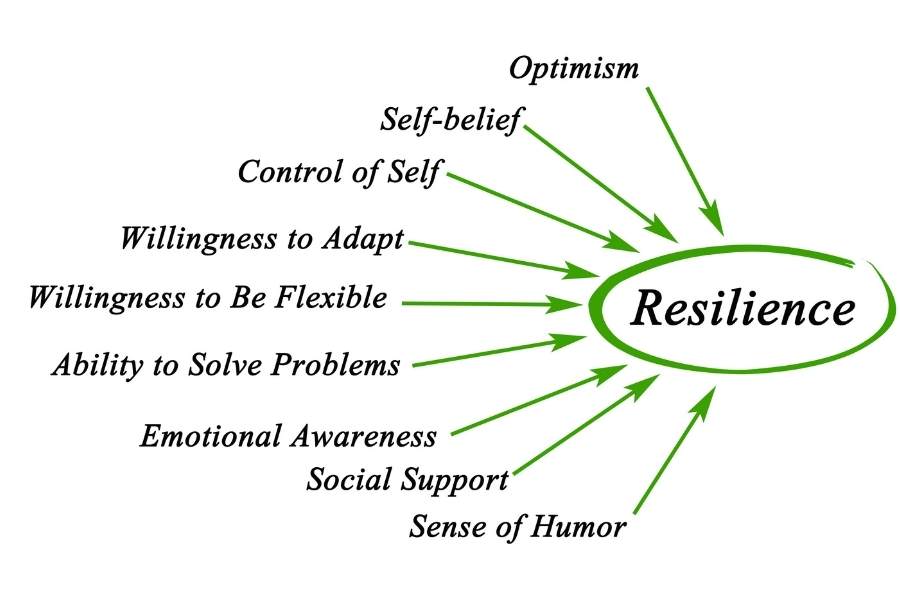



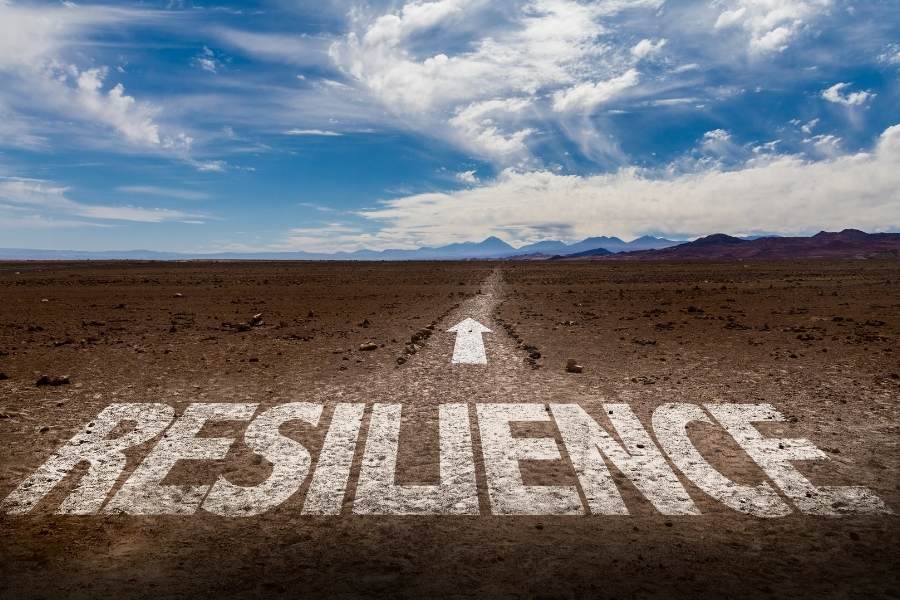
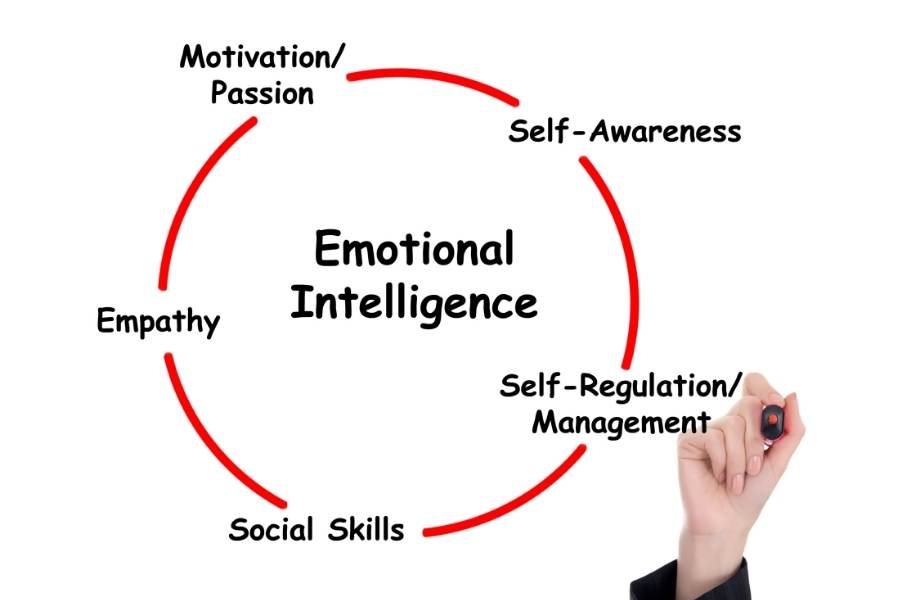

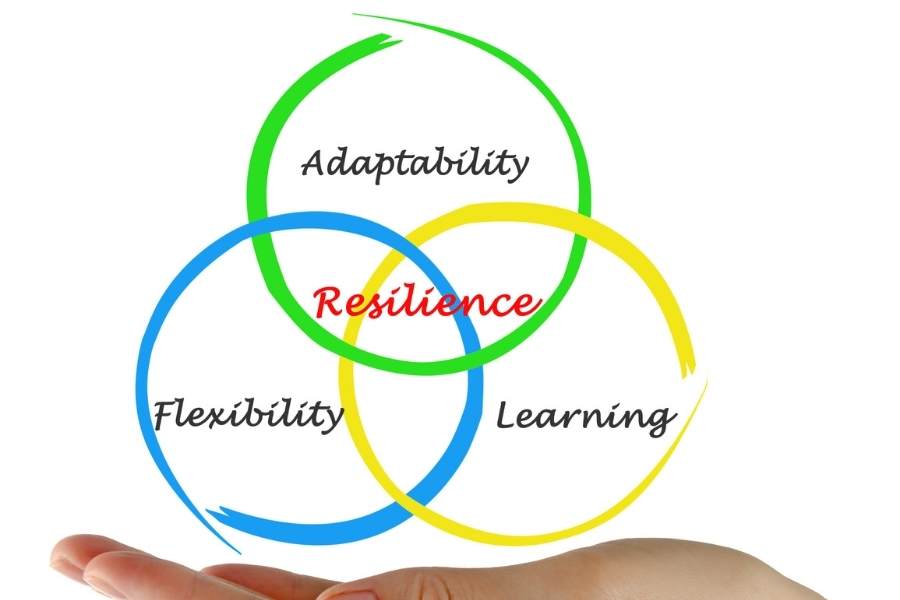



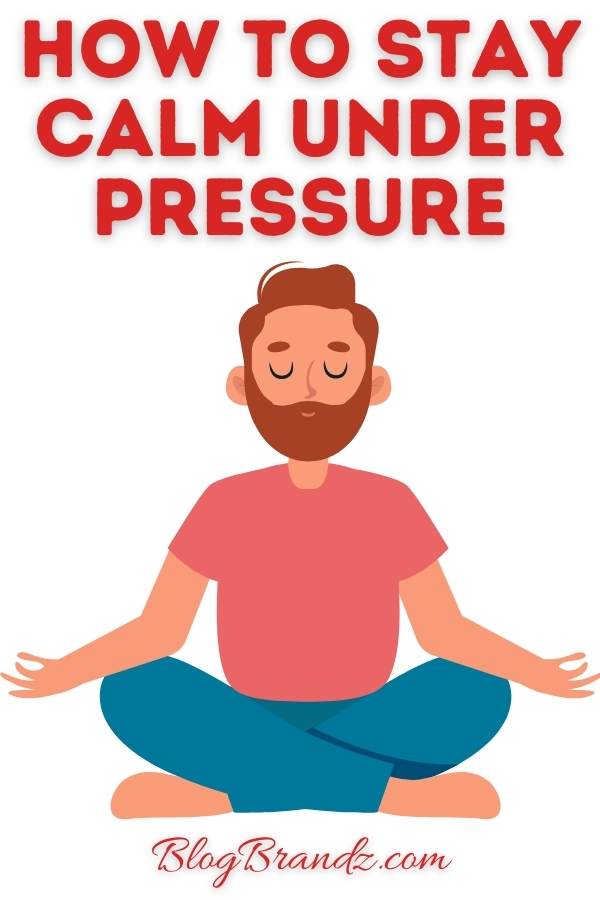
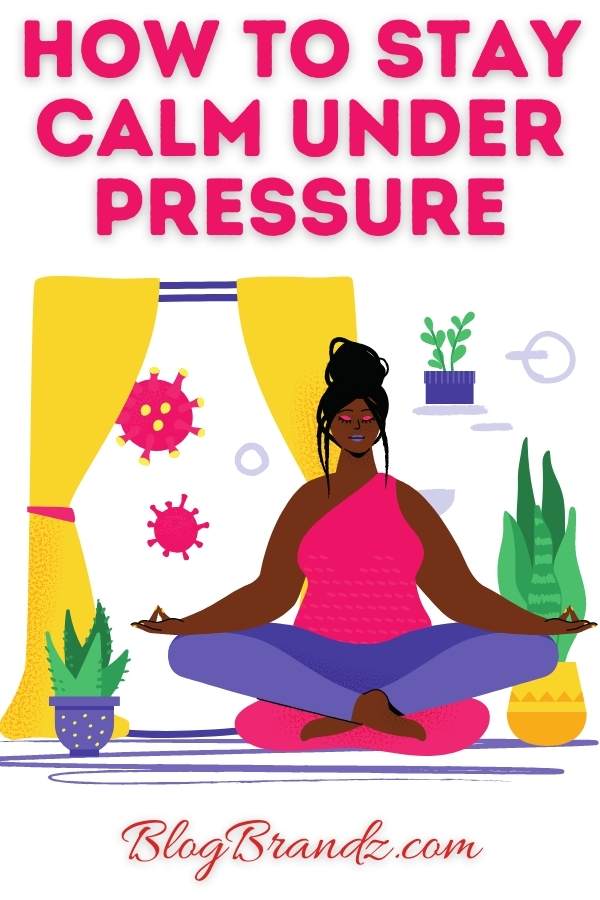
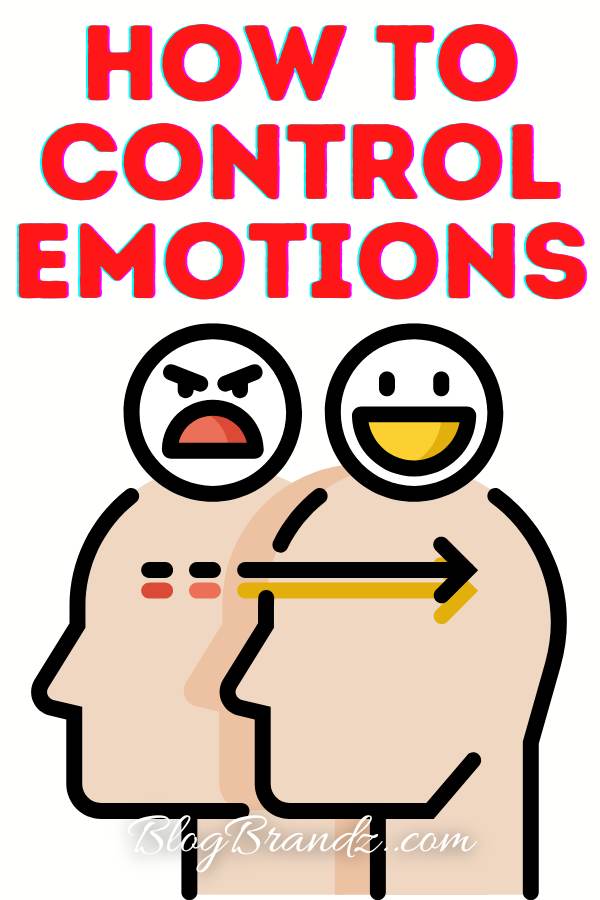
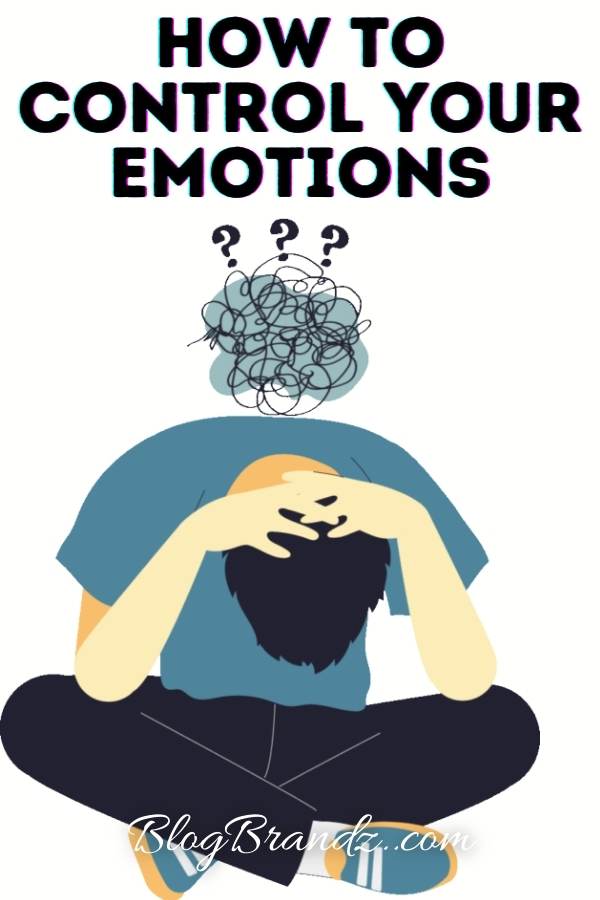
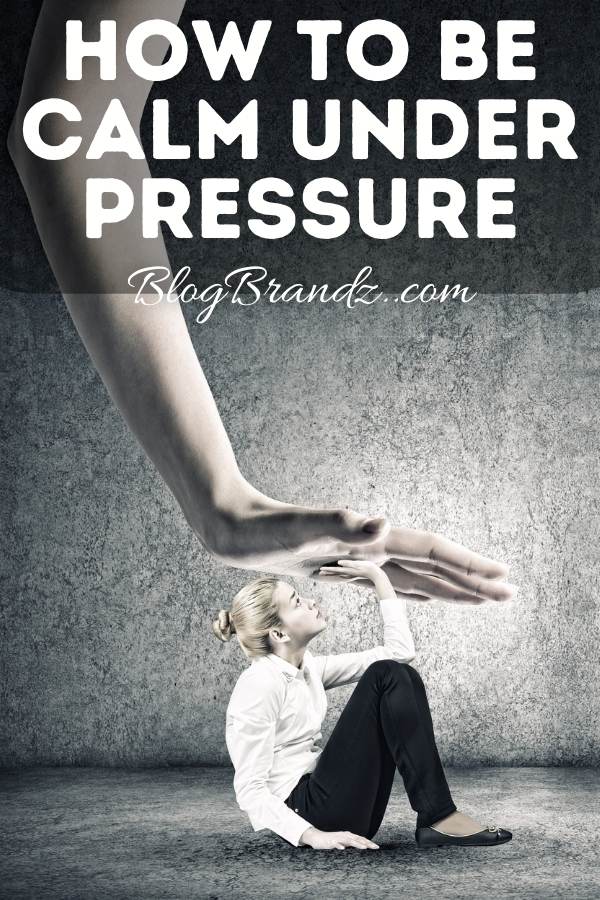

Awesome tips. Will try to implement
Glad you found them useful.